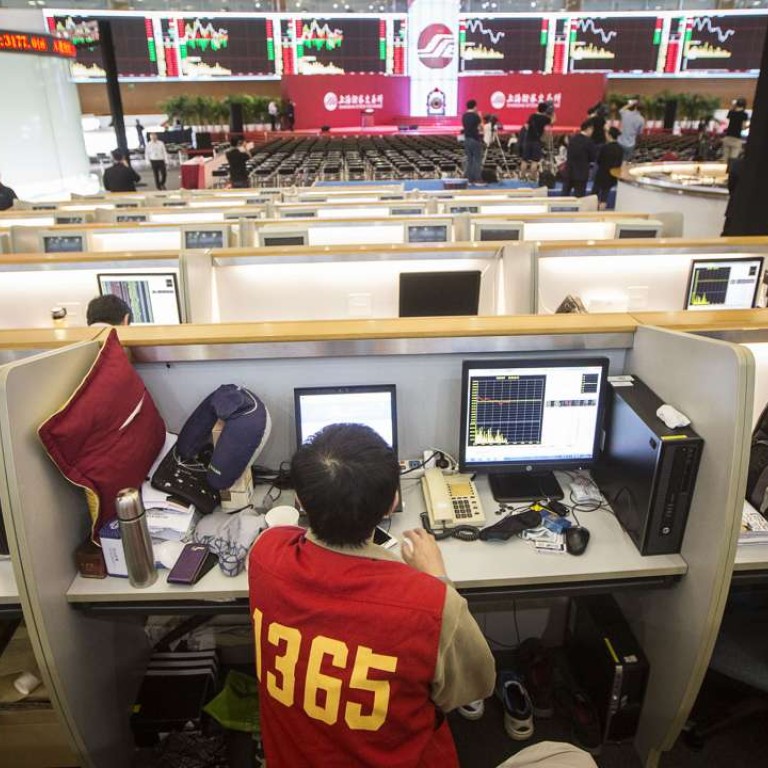
China’s bourses suspend bond sales by some property companies ahead of tighter rules from regulator
Qualified property companies will be categorised into normal, special and risky for different bond issuance conditions, draft rules from the CSRC show
In a move that signals a wider crackdown on bond sales by Chinese property companies, Shanghai Stock Exchange has suspended bond raising applications from developers that would be disqualified from issuing corporate debt under new guidelines expected to be issued by the securities regulator, industry sources said.
Some smaller real estate companies have failed to receive final approval for bond sales on the Shanghai exchange even after going through the required paperwork, an investment banker with a Shanghai based mid-sized brokerage told the South China Morning Post.
The 21 Century Business Herald reported on Wednesday morning that China’s stock exchanges have suspended final approval for property companies applying for bond sales.
“It seems the regulator will soon introduce new rules regulating property bond sales, and the bourses are proactivelyadopting tighter measure ahead of that,” said the brokerage source.
According to an official document outlining the draft rules that was circulated among investment bankers and obtained by the Post on Wednesday, companies should first be rated AA or above by a ratings agency and fulfil one of four conditions laid down by the regulator before they can qualify to issue corporate bonds.
Bond issuers must be one of the following types of company: China or overseas listed companies; a central government owned company with real estate development as its core business; property companies owned by local government above the provincial capital level; other privately-owned property developers ranked within the top 100 compiled by the semi-official China Real Estate Research Association.
In addition, qualified companies would see their bond issuances categorised into three groups called “normal”, “special”, and “risky” according to their assets, revenue, profitability, liquidity and land banks.

“Once the rules are formally introduced they would severely dampen the financing of property developers as corporate bond financing has accounted for more than 30 per cent of their total new financing this year,” he said.
A chief operating officer with a Hangzhou-based medium-sized developer, who declined to be identified, said he knew of one developer in the region that submitted required paperwork to the Shanghai authorities and all seemed to be going smoothly, but suddenly its application failed to pass the final approval stage.
“It’s difficult to say if it was blocked because it was rated below AA. There could be multiple factors such as total assets, annual sales, debt ratio or profitability. Any failure to meet one criteria could lead to blocking. Regulators won’t tell us why.”
Shao Mingxiao, chief executive of Longfor Properties, said on Monday he believes tightening measures were targeting smaller developers with low ratings.
Chinese real estate firms had sold 421 billion yuan (HK$484.93 billion) of onshore bonds by late September, 300 billion yuan of which were regulated by the Shanghai bourse. The total amount raised in 2016 already exceeds the 397 billion yuan (HK$484.93 billion) for all of last year, according to data compiled by Bloomberg.



